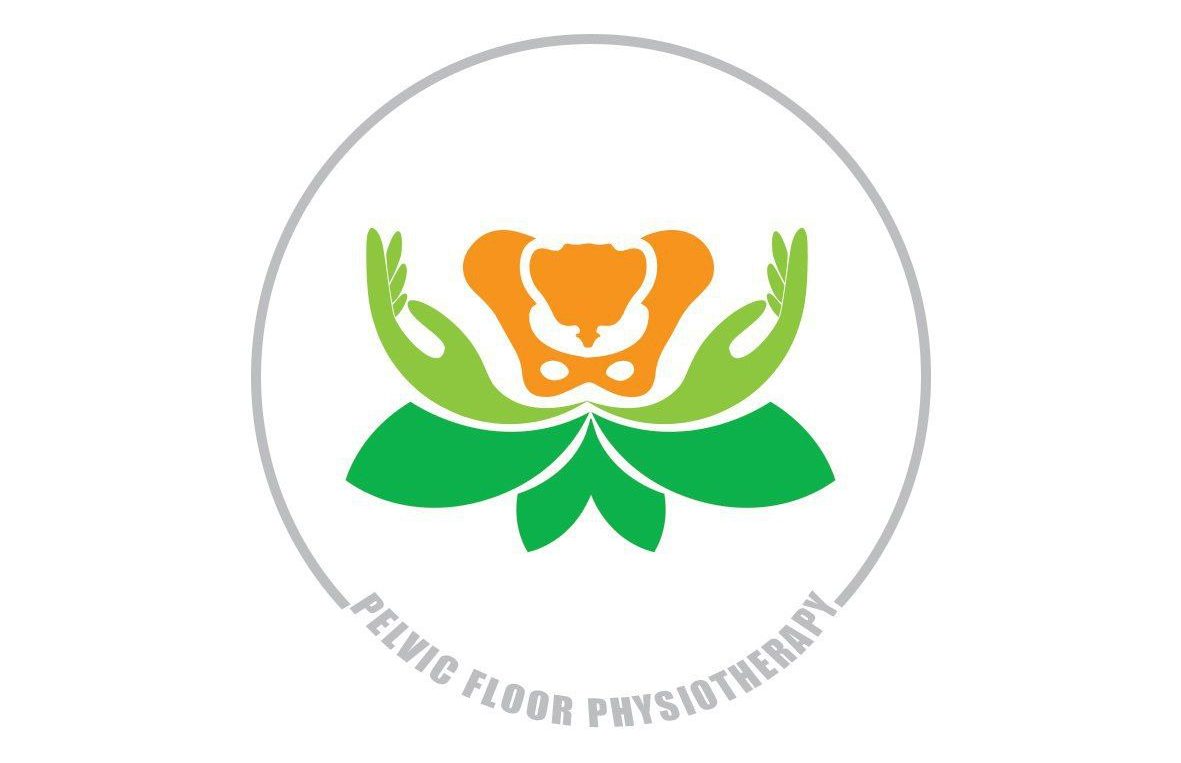Zahra Ghafari1 , Shohreh Noorizadeh Dehkordi1* , Afsaneh Nikjooy1 , Seyedeh Roghayeh Mousavi Khatir2 , Mehdi Moghaddasi3
Background and Objectives:
More than 50% of multiple sclerosis (MS) patients suffer from
urinary disorders. Exercise therapy is one of the first lines of treatment for urinary disorders in
people with MS. This study evaluated the effectiveness of pelvic floor muscle exercise at home on
quality of life (QoL) and fatigue in MS women with urinary disorders.
Methods:
A randomized, double-blinded, controlled trial was conducted. Thirty women with
relapsing and remitting urinary incontinence participated for eight weeks (daily) in this study.
The participants were randomly divided into intervention (n=15) and control groups (n=15). The
participants of the intervention group received common medicines and specific exercises for the
pelvic floor. The control group used only conventional drugs during the study.
Results:
The results showed significant differences in all variables related to fatigue and QoL in the
intervention group (P<0.05). But no significant difference was found in any of the variables related
to fatigue and QoL in the control group (P>0.05). However, in the intervention group, significant
differences were found in the total score of the QoL and the three subgroups (bothered, worry, and
restricted) (P<0.05). In addition, the results showed a significant difference in the cognitive, physical,
and psycho-social subgroups in the fatigue questionnaire (P<0.05). The fatigue scores and QoL in the
intervention group compared to the control group showed a significant difference (P<0.05).
Conclusion:
It seems that pelvic floor exercises at home reduce fatigue and improve QoL in women
with MS with urinary incontinence. Although the total score of fatigue between the two groups was
not significant, the results in the intervention group showed significant results and it seems that by
controlling the intervening factors, a significant difference can be observed in the total score of
fatigue between the two groups. Therefore, we demonstrated that pelvic floor muscle exercises in
women suffering from urinary incontinence improve urinary incontinence and reduce fatigue, and
improve the QoL.
Keywords: Multiple sclerosis, Urinary incontinence, Pelvic floor, Physical therapy specialty
